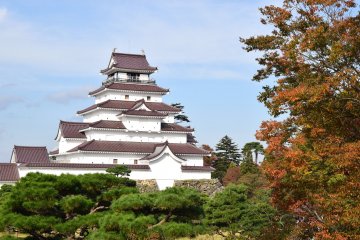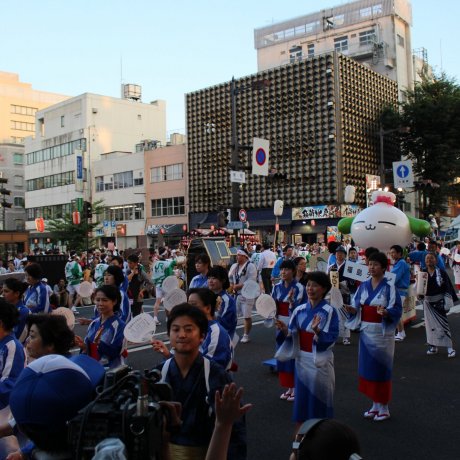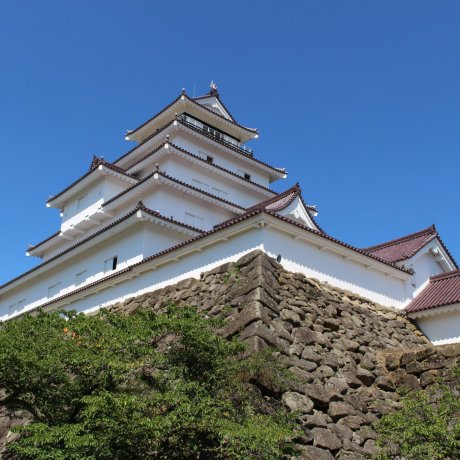

Fukushima
Outdoor adventures and traditional discoveries
Top Attractions in Fukushima
Upcoming Fukushima Events
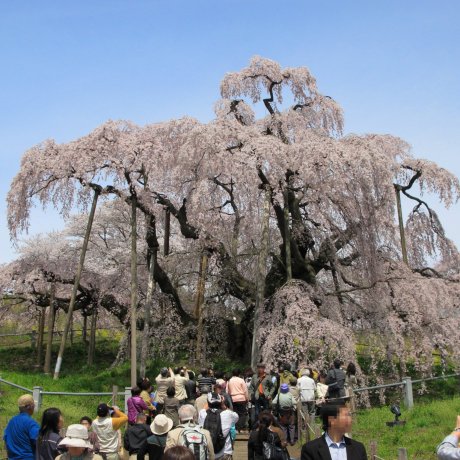
Miharu Takizakura in Bloom 2026
There are plenty of arguments to be made about Japan's best cherry blossom viewing spots, and people's favorites will differ..
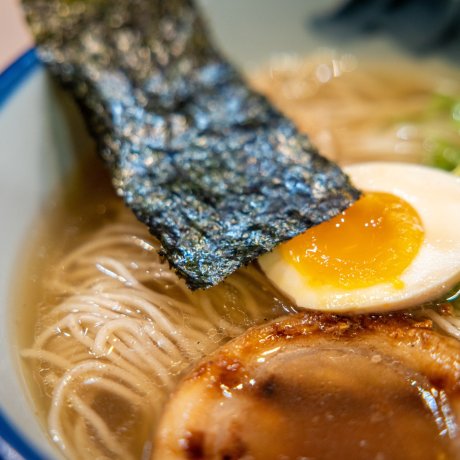
Fukushima Ramen World 2026
Set to take place in early May, the Fukushima Ramen Show brings a variety of ramen stores from across Japan to the Shiki no Sato..

Tsuruga Castle Cherry Blossom Festival 2026
One of the best times to visit Tsuruga Castle is during spring when the sakura trees are in bloom, and an annual festival takes..
Where to eat in Fukushima
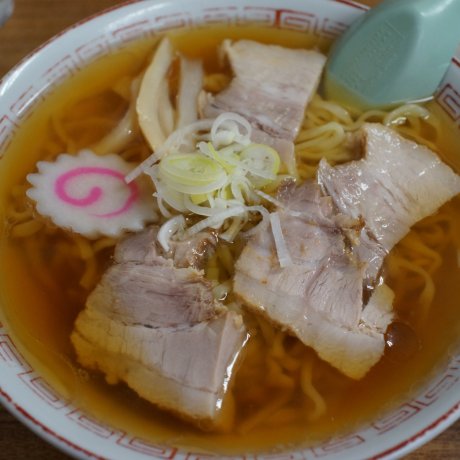
Fukushima: Food Guide
Farah BassyouniWhile Fukushima was the location of the 2011 nuclear accident that occurred due to a powerful earthquake, there is so much mor..
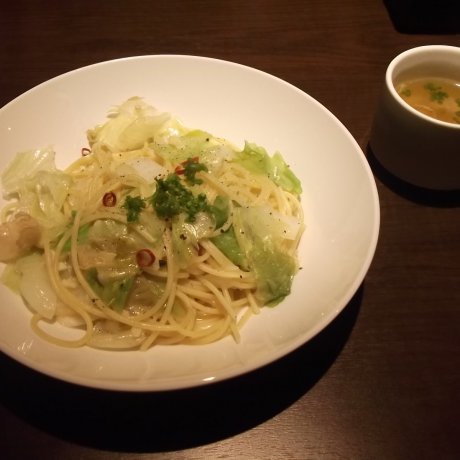
Karakusa Dining Bar, Koriyama
Peter SidellClose to Koriyama station in northern Japan's Fukushima prefecture, Karakusa is a cosy little dining bar with affordable meals..

Fujiya Izakaya in Koriyama
Peter SidellNot far from Koriyama station in Japan's Fukushima prefecture, Fujiya is a cozy, traditional dining bar, serving hearty Japanese..
Places to stay in Fukushima


Afternoon Tea at British Hills
Amber MezbourianLeave Japan behind and explore British Hills, a surreal holiday resort in the heart of the Fukushima countryside. Enjoy afternoon..
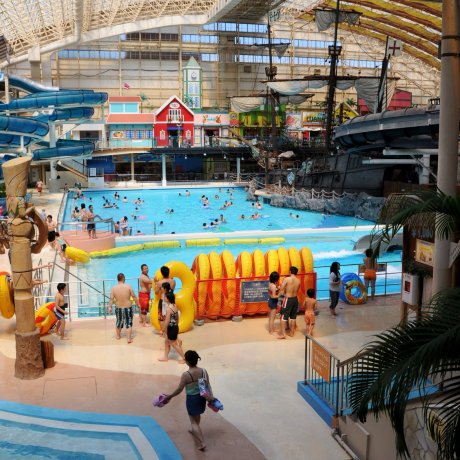
Fukushima's Spa Resort Hawaiians
Sandra IsakaFukushima's Spa Resort Hawaiians is one of Japan's most popular 'theme park' destinations. Accommodations to ..
Latest Fukushima Reports

Discover a Side to Fukushima You’ve Never Seen
Ryan NobleFor a side of Fukushima you've never seen before, visit Iwaki. Taste local seafood dishes, explore Fukushima's aquarium,..

Hoshino Resorts Nekoma Mountain
Kim BergströmTucked away in the mountains of Fukushima Prefecture, Hoshino Resorts Nekoma Mountain is a rare spring destination where travelers..

A Deep Dive Into Iwaki’s Kamaboko Fish Cakes
Veronica CarnevaleJapan’s third largest prefecture, Fukushima is located in northeastern Japan’s Tohoku region and shares an eastern border with..
